Blog
September 25, 2020 | Strengthening Our Neighborhoods in the Face of Climate ChangeAddressing physical infrastructure only will never be enough to ensure that our communities and our neighbors can both withstand climate impacts and bounce back quickly when catastrophe strikes. The neighborhoods highlighted in this study are currently the highest risk in terms of both the social and physical risks of climate impacts in the City of Boston. The City can and must support and develop climate resilience hubs to ensure that our communities have the resources they need now and into the future. | 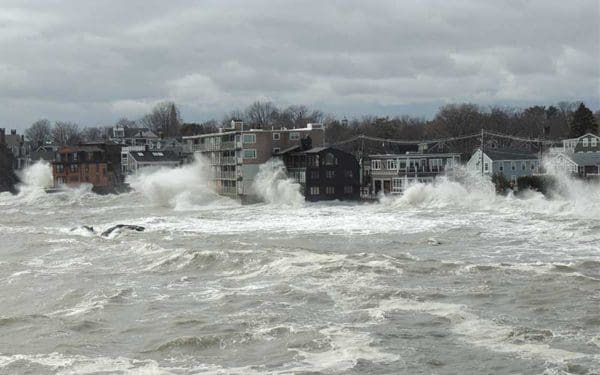 |
September 23, 2020 | Big Gas’s Latest Ploy: “Renewable Natural Gas”“Renewable natural gas” is not a large-scale climate solution. It’s a shameless attempt by the fossil fuel industry to convince New Englanders to pay for more polluting pipelines. | 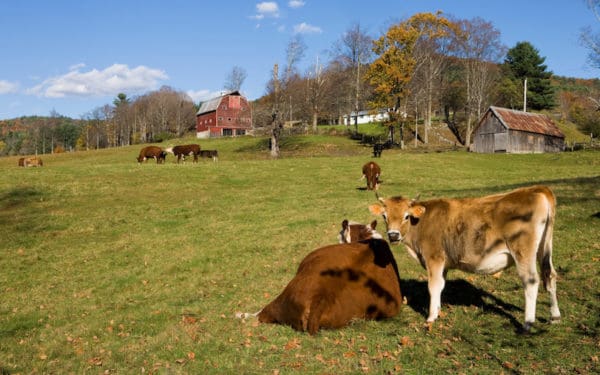 |
September 22, 2020 | With Your Help, Vermont Makes Critical Climate ProgressAfter months of work by Vermonters across the state – and despite a veto from Governor Scott – the Global Warming Solutions Act is now the law of the land in the Green Mountain State. This critical bill will slash carbon pollution while building resilient communities and looking after our most vulnerable neighbors. |  |
September 22, 2020 | What Is a Renewable Energy Certificate?A Renewable Energy Certificate is a way to measure and track the production of clean energy. It’s how states and utilities track how much clean energy is being produced by renewable energy sources and which electrical utilities are buying that power. | 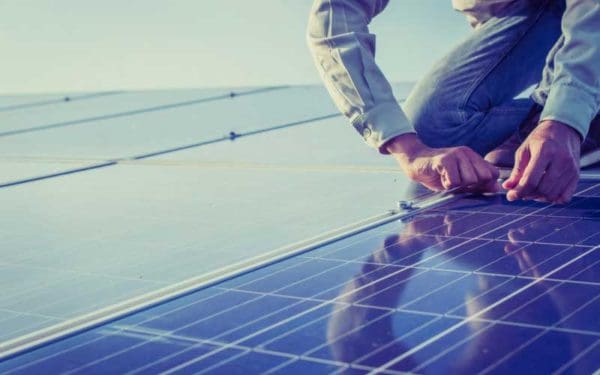 |
September 21, 2020 | What Is a Renewable Portfolio Standard?A Renewable Portfolio Standard is a way for states to ensure their electric utilities – and by extension, the states themselves – are making progress on clean energy. The best policies heavily emphasize clean renewables like wind and solar. | 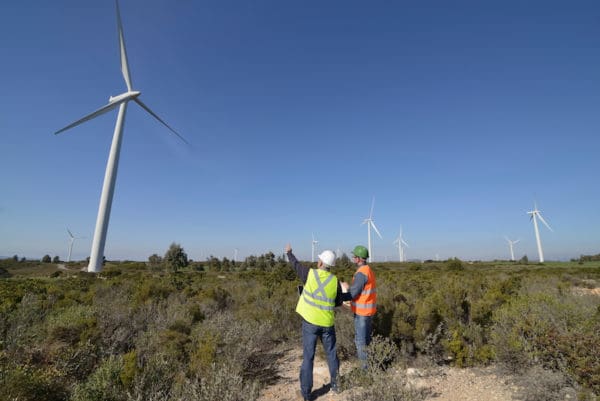 |
September 18, 2020 | The Great Flood of Single-Use PackagingRecycling is confusing, but it doesn’t have to be. By holding Big Corporations responsible for the flood of single-use packaging they create, we can incentivize them to redesign their products and containers to be truly recyclable, or better yet, reusable. | 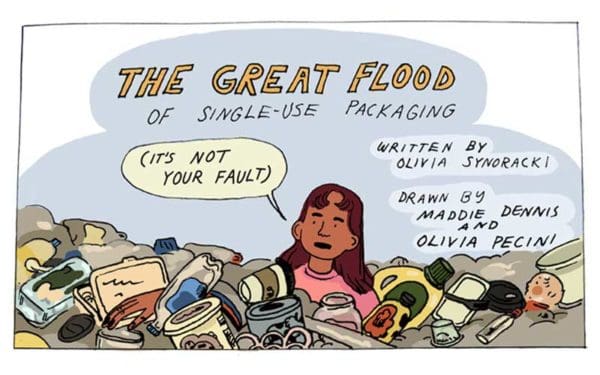 |
September 14, 2020 | 3M Lawsuit Delays Critical Drinking Water Tests in New HampshireEvery New Hampshire resident should be able to turn on their taps without wondering if the water is safe to drink. Yet a judge’s order to postpone testing of public water systems for dangerous chemicals is leaving residents in the dark about how best to keep themselves and their families safe. |  |
September 13, 2020 | How Massachusetts Can Make Things Right in the Merrimack ValleyTwo years after gas explosions rocked the Merrimack Valley, Lawrence is still fighting to ensure the health, safety, and wellbeing of its residents. And in fighting for Lawrence’s recovery, we can protect communities across the Commonwealth, too. | 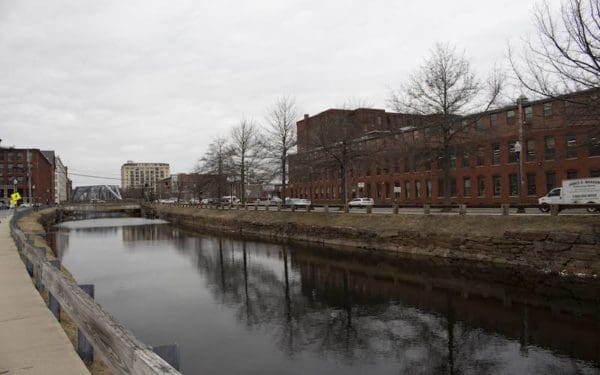 |
September 10, 2020 | Watching the West Coast Wildfires from New EnglandIn the decade since I’ve moved away from California, I’ve watched the climate there go from a temperate paradise with the occasional fire to a place with scorching summers and yearly infernos. This is climate change, playing out right in front of us. It’s easy to see these and other disasters from afar and not call them climate catastrophes. But that’s exactly what they are. | 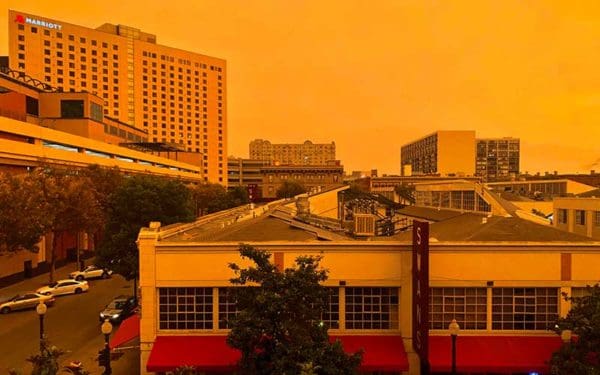 |
September 10, 2020 | Infographic: Our Waste is Trashing Our ClimateBurning and burying our trash leads to carbon pollution. We need to phase out these old, polluting incinerators and landfills and replace them with zero-waste alternatives. By doing so, we can help lower climate-damaging emissions and protect our communities and the environment. | 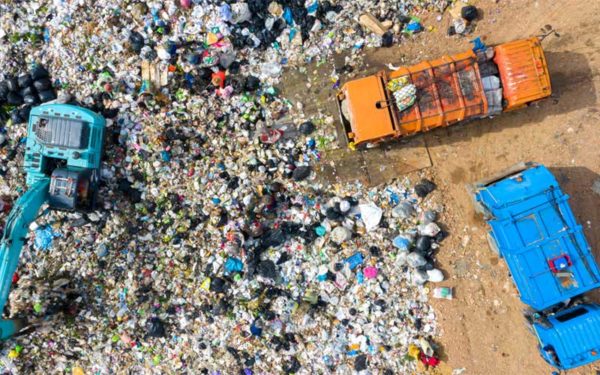 |
